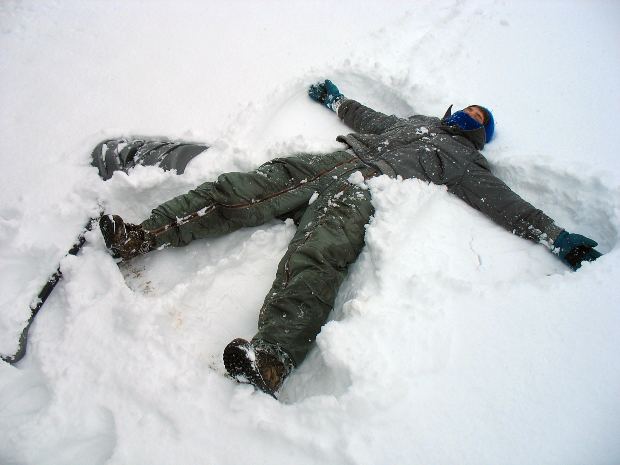Summer may be over, but that doesn’t mean you should put away your sunglasses. Many people don’t realize that winter can be just as, if not more damaging, to their eye health than the hot and sunny days of summer. The following information can help ensure your patients maintain healthy vision all season long.

Even though winter may seem gloomy, the sun doesn’t go away. Inform your patients that if they’re headed outside this winter, they should wear proper eye protection in order to avoid photokeratitits. This condition is basically sunburn to delicate eye tissue, and it can range from light damage to permanent vision loss.
The effect of sun damage can be amplified by the refractory effect of snow, so they should always have proper eye wear with when heading outdoors to ski, shovel snow, or simply commute to work. Over-exposure to the sun’s UVA and UVB rays has also been proven to increase the occurrence of cataracts and age-related macular degeneration.
As with all seasonal sports or activities, goggles and safety glasses should be worn. Debris, ice particles, and blow back from snow removal equipment can cause severe damage and even blindness.
Winter air tends to be very dry especially when heating devices are in use, such as furnaces, space heaters and fireplaces. This can cause excess irritation and increase the chance of infection. For those who already suffer from dry eye, this can vastly increase discomfort. Let patients know that they should try to keep their eyes away from direct heat and consider using a humidifier. Use of artificial tears is also helpful if the condition remains.
Another concern for winter eye health is allergies. Since we tend to spend more time indoors in the winter, sensitivities to dust mites, mold and animal dander can irritate the eyes. If your patient believes he or she may have such allergies and have not yet been diagnosed, they should see a physician.
If your patient has experienced discomfort with his or her vision when the temperatures cool off, be sure to inform them about an optomap exam. Optomap can help diagnose and treat early signs of eye ailments.
Image Source: morgueFile